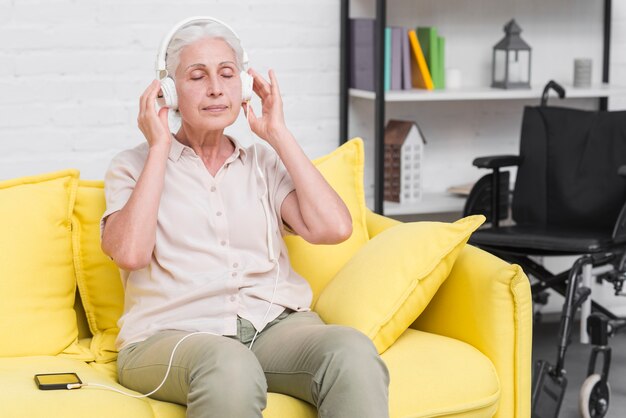
Worried about dementia? Concerned about your memory? Dr. Sabina Brennan, a world-renowned neuroscientist, offers some practical advice on how to keep your brain healthy.
Our brain is an incredible, crucial organ, yet it often gets overlooked in our health routines. With the global aging population rising, dementia cases are expected to hit 132 million by 2050. Since there’s no cure for dementia, our lifestyle choices become even more important. Dr. Brennan shares six tips in her book “100 Days to a Younger Brain” to help reduce the risk of dementia.
Firstly, sleep is essential. Unfortunately, many of us aren’t getting the recommended 7-8 hours. This lack of sleep has led the World Health Organization to declare it an epidemic. Consistently going to bed and waking up at the same time is key. Sleep detoxifies our brain by clearing out waste like beta-amyloid, which is linked to Alzheimer’s. Without enough sleep, these toxins accumulate and harm our brain’s functions.
Sleep involves different stages, including non-REM and REM sleep, both critical for brain health. Research shows older adults with dementia have less non-REM sleep and decreased learning capacity. Therefore, it’s vital to ensure you get a balanced amount of both types by maintaining a regular sleep schedule.
Stress management is another crucial factor. While a certain amount of stress can be stimulating, chronic stress can damage the brain, affecting memory and learning. It’s important to find ways to manage stress. Try to see challenges as exciting rather than stressful. Embracing new experiences and seeing obstacles as opportunities can help maintain brain health.
Social connections also play a significant role. Loneliness can negatively impact brain health, increasing the risk of dementia. Engaging in just ten minutes of social activity daily can significantly boost brain volume and efficiency. Participate in activities you enjoy to make these social interactions more natural and beneficial.
When it comes to alcohol, moderation is key. Excessive drinking raises blood pressure, disrupts blood flow, and can damage both heart and brain. Even those who drink moderately (14-21 units per week) are at higher risk of hippocampal damage compared to non-drinkers. It’s best to limit alcohol intake to minimize dementia risk.
Exercise isn’t just good for your body; it’s vital for your brain. Regular physical activity at any age can help reduce the risk of dementia by boosting memory and cognitive function. Studies show that those who remain active in their 30s and 40s have better memory in their 50s.
Lastly, smiling can improve brain health. Smiling releases chemicals like dopamine, serotonin, and endorphins, which create feelings of happiness and reduce stress. Seeing a smile can also trigger these reactions, potentially enhancing memory and learning abilities.
Dr. Sabina Brennan, a research psychologist and neuroscientist, explores these insights and more in her book “100 Days to a Younger Brain.” By incorporating these habits into your daily life, you can boost brain health and potentially stave off dementia.

